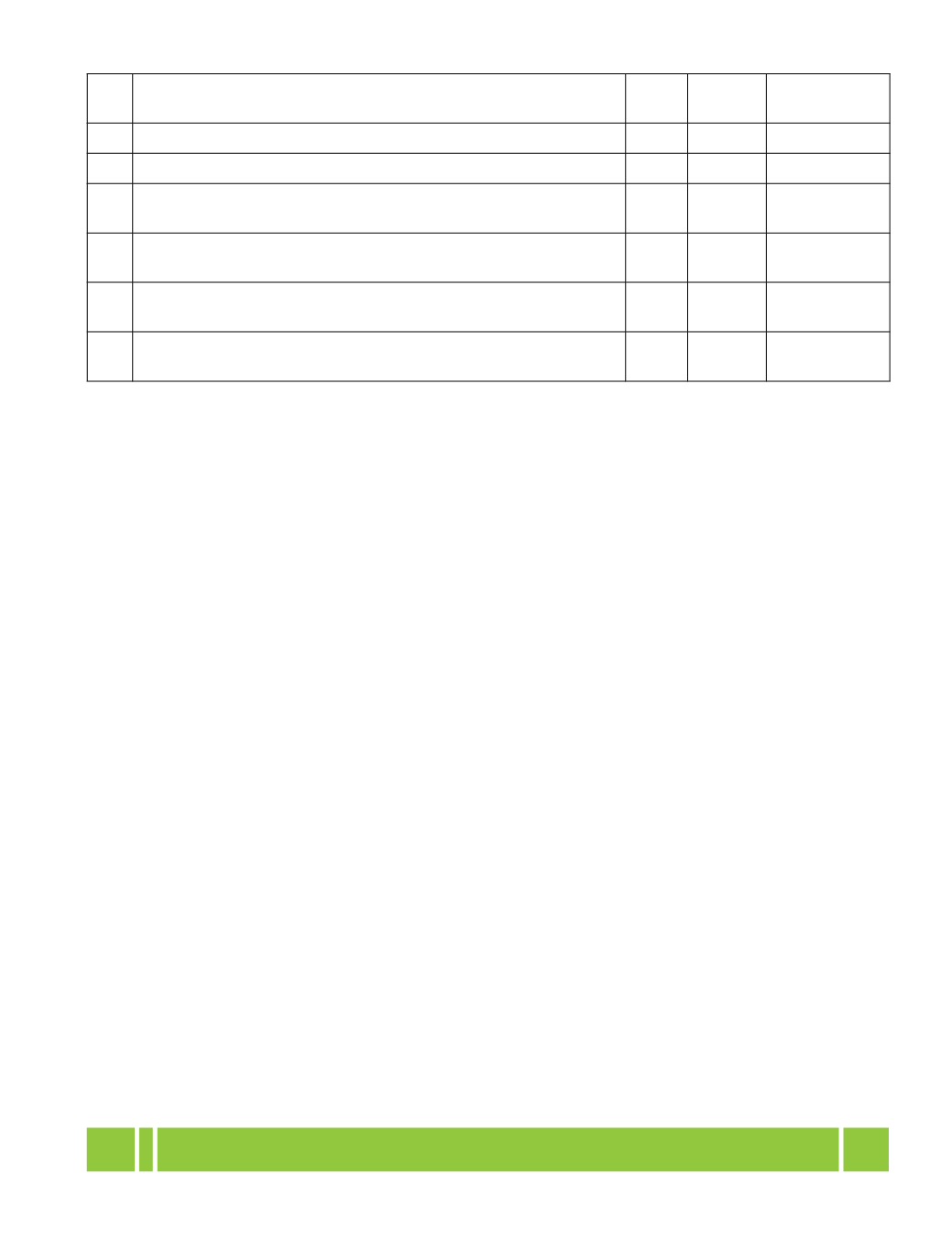

283
National Health Profile 2018
S.
No.
Name of training
Batch/
year
Training
Duration
Training Centre
1.
Training Course on Master Trainers On ICD-10
2
5 days
RHSTC Mohali
2 Training Course on Master Trainers On ICF
2
3 days
RHSTC Mohali
3 Orientation training course on Health Information Management
(For Officers)
8
5 days
RHSTC Mohali &
6 FSUs
4.
Orientation training course on Health Information Management
(For non medical personnel )
14
5 days
RHSTC Mohali &
6 FSUs
5 Orientation training course on Family of International classification
(ICD-10 & ICF) (For Non-Medical Personnel )
20
5 days
RHSTC Mohali &
6 FSUs
6 Orientation training course on Medical Record & Information
Management for Non-Medical Personnel
8
5 days
RHSTC Mohali &
6 FSUs
* On regular basis, CBHI conducts 54 batches of Training Courses every year. Special batches of National/
International Training Courses are conducted on request of States/UTs & various organizations like IRDA,
WHO, Ministry of Defense etc.
3.5 CBHI Provides Internship and Health Management Programmes for the students of National Universities
and Institutes.
3.6 Function as WHO Collaborating Centre on Family of International Classifications (ICD – 10 & ICF) in India
with the following major objectives:-
(1) To promote the development & use of the WHO Family of International Classifications (WHO-FIC)
including the International Statistical Classification of Diseases and Related Health Problems (ICD),
the International Classification of Functioning, Disability and Health (ICF), and other derived and
related classifications and to contribute to their implementation and improvement in the light of the
empirical experience by multiple parties as a common language.
(2) Contribute to the development of methodologies for the use of the WHO-FIC to facilitate the
measurement of health status, interventions and outcomes on a consistent and reliable basis to
permit comparisons within and between countries at a same point in time by:
(a) Supporting the work of the various committees and work groups established to assist WHO
in the development, testing, implementation, use, improvement, updating and revision of the
member components of the WHO-FIC.
(b) Studying aspects related to the structure, interpretation and application of contents concerning
taxonomy, linguistics, terminologies and nomenclatures.
(c)
Participating in the quality assurance procedures of the WHO-FIC classifications regarding
norms of use, training and data collection and application rules.
(3) Networking with current and potential users of the WHO-FIC and act as reference centre by:
a.
Assisting WHO Headquarters and the Regional Offices in the preparation of member
components of the WHO-FIC and other relevant materials.


















